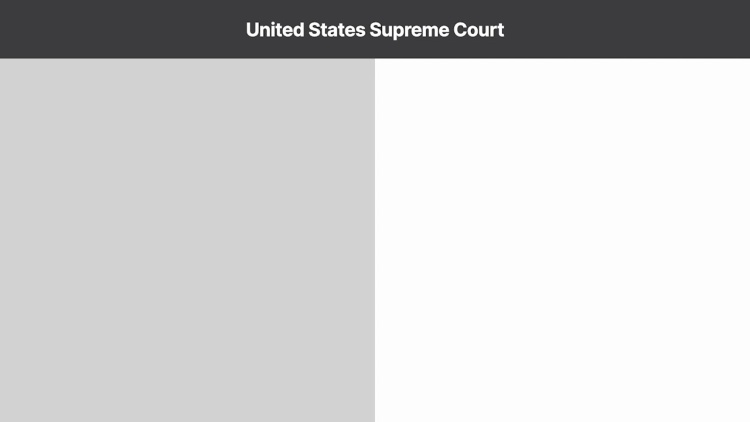Arizona v. California
United States Supreme Court
373 U.S. 546, 83 S.Ct. 1468, 10 L.Ed.2d 542 (1963)
- Written by Lauren Groth, JD
Facts
The Colorado River provides water to Arizona, Nevada, New Mexico, Utah, and Indian reservations within those states. In 1952, the State of Arizona (plaintiff) invoked the original jurisdiction of the United States Supreme Court to bring a claim against California (defendant) to determine the proper allocation of water from the Colorado River to these various states and tribes. The United States intervened and asserted claims on behalf of five Indian reservations in Arizona, California, and Nevada. The United States argued that water rights for the reservations were reserved at the time the reservations were created. In response, Arizona argued that the United States did not have the power to reserve those rights, that executive orders were not sufficient to reserve water rights, and that even if that water rights were reserved, the amount of water should be limited and equally apportioned between the Indians and Arizona under the equal-apportionment doctrine.
Rule of Law
Issue
Holding and Reasoning (Black, J.)
What to do next…
Here's why 907,000 law students have relied on our case briefs:
- Written by law professors and practitioners, not other law students. 47,100 briefs, keyed to 996 casebooks. Top-notch customer support.
- The right amount of information, includes the facts, issues, rule of law, holding and reasoning, and any concurrences and dissents.
- Access in your classes, works on your mobile and tablet. Massive library of related video lessons and high quality multiple-choice questions.
- Easy to use, uniform format for every case brief. Written in plain English, not in legalese. Our briefs summarize and simplify; they don’t just repeat the court’s language.





